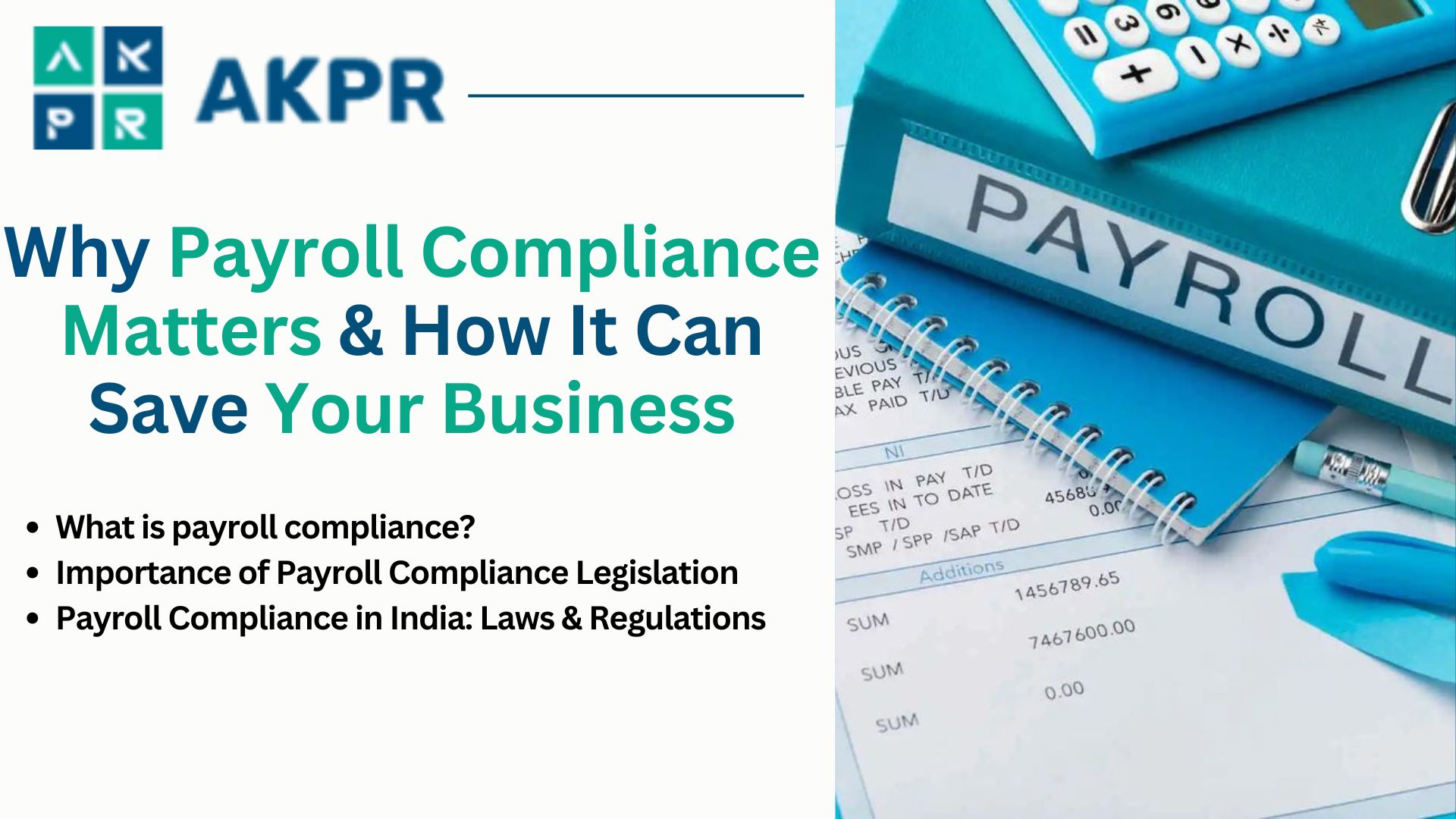Understanding Payroll Compliance: How to Avoid Fines
Payroll compliance is an important part of business since it guarantees that organizations follow labor laws, tax rules, and employee compensation standards. Failure to conform might result in legal consequences, restrictions, and reputational harm.
If payroll tax compliance is ignored, businesses can face costly penalties and legal trouble. This guide will walk you through everything you need to know about payroll and statutory compliance so your business stays on the right track.

What is payroll compliance?
Payroll compliance refers to the process of ensuring that a company meets all legal and regulatory requirements related to employee compensation. This includes adhering to labor laws, tax regulations, benefits administration, and reporting obligations.
A business must ensure that it:
- Properly classifies employees
- Deducts the correct amount of taxes
- Complies with wage and hour laws
- Submits necessary reports to government agencies
- Follows benefit and compensation regulations
Importance of Payroll Compliance Legislation
1. Legal Obligations
Non-compliance with payroll regulations can result in hefty fines, lawsuits, and legal actions. Government agencies actively audit businesses to ensure they are following the law.
2. Employee Trust and Satisfaction
Employees rely on timely and accurate payroll processing. Compliance ensures they are paid fairly and receive proper benefits, fostering a positive work environment.
3. Business Reputation
A company known for payroll issues can struggle with employee retention and may face difficulties in hiring top talent.
Key Components of Compliance Payroll
1. Employee Classification
Proper classification of employees as full-time, part-time, independent contractors, or temporary workers is essential for tax and benefits compliance.
2. Minimum Wage and Overtime Laws
Employers must comply with local, state, and federal minimum wage laws and ensure proper overtime pay for eligible employees.
3. Payroll Taxes and Deductions
Employers are responsible for withholding federal and state income taxes, Social Security, Medicare, and other required deductions from employee paychecks.
4. Benefits and Compensation Compliance
Health insurance, retirement contributions, and other benefits must comply with government regulations, including the Affordable Care Act (ACA) and Employee Retirement Income Security Act (ERISA).
5. Record-Keeping Requirements
Employers must maintain accurate payroll records for a specified period as per local and federal laws.
Payroll Compliance in India: Laws & Regulations
India has several labor laws businesses must follow:
- Payment of Wages Act, 1936—Ensures timely salary payments.
- Minimum Wages Act, 1948—Defines minimum salaries for employees.
- Provident Fund Act, 1952—Requires PF contributions for employee retirement.
- Income Tax Act, 1961—Governs tax deductions from salaries.
Common Payroll Compliance Challenges
1. Misclassifying Employees
Incorrect classification can lead to legal trouble and back-pay obligations.
2. Tax Compliance Errors
Miscalculations, late payments, and incorrect tax filings can result in fines and audits.
3. Inconsistent Payroll Processes
Inconsistencies in payroll procedures can cause confusion and compliance risks.
4. Multi-State Payroll and Tax Compliance
Businesses operating in multiple states must comply with varying state laws and tax regulations.
Avoid Payroll Penalties! Get Expert Compliance Support from AKPR
Managing payroll compliance can be challenging with ever-evolving tax laws, labor regulations, and statutory obligations. AKPR, one of the top CA firms in India, ensures seamless payroll and compliance, minimizing risks and ensuring 100% accuracy.
Why Choose AKPR for Payroll Tax Compliance?
✅ Expertise in Payroll Laws – Stay compliant with the latest tax and labor regulations.
📑 Accurate Salary Processing – Ensure precise calculations and timely disbursements.
⚖️ Statutory Compliance Assurance – PF, ESI, TDS, and other statutory filings handled efficiently.
🔍 Audit & Risk Management – Reduce errors and avoid legal penalties.
📞 24/7 Professional Support – Get expert guidance whenever you need it.
Ensure payroll accuracy & compliance—connect with AKPR today!
Looking for CA Firm in India?
CA Firm in Mumbai | CA Firm in Parel | CA Firm in Andheri | CA Firm in Bandra | CA Firm in Nariman Point | CA Firm in Ghatkopar | CA Firm in Dadar | CA Firm in Bandra Kurla Complex | CA Firm in Juhu | CA Firm in Jogeshwari | CA Firm in Goregaon | CA Firm in Borivali | CA Firm in Thane